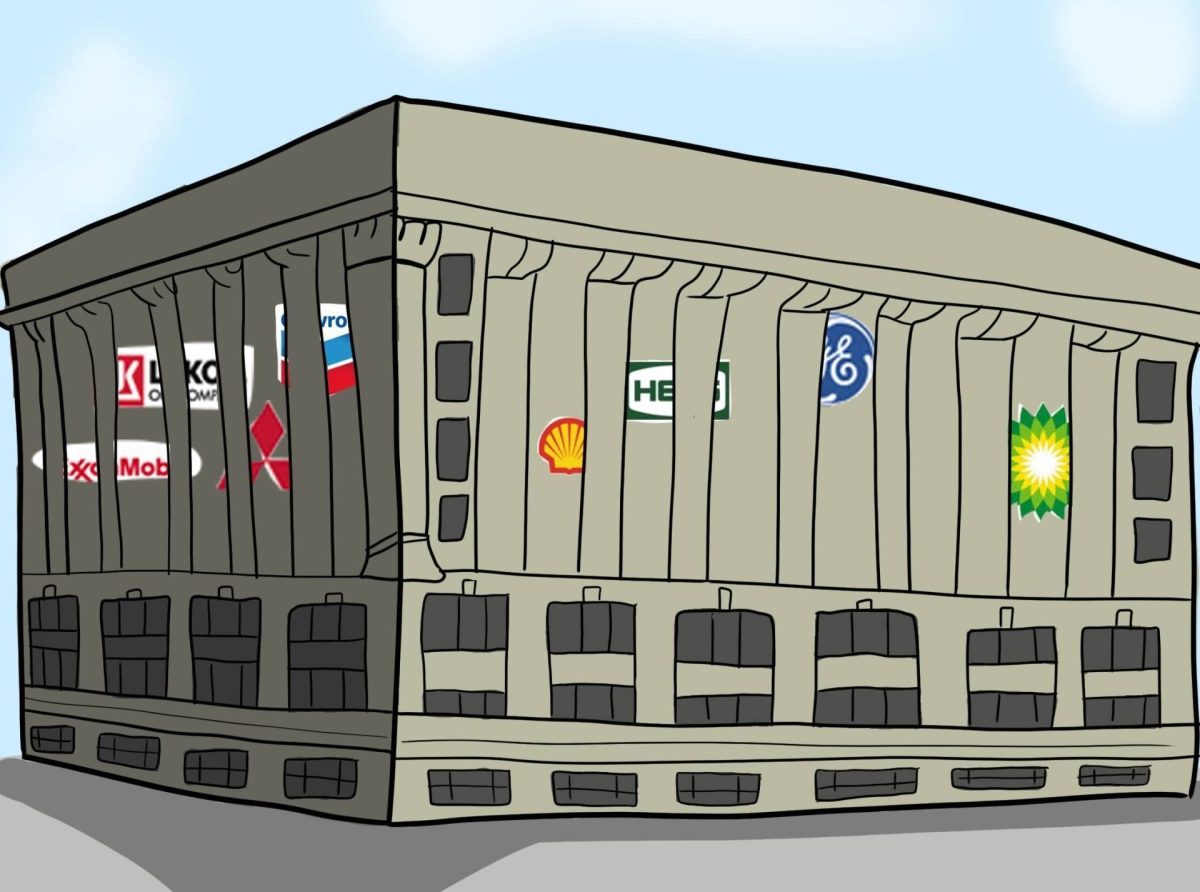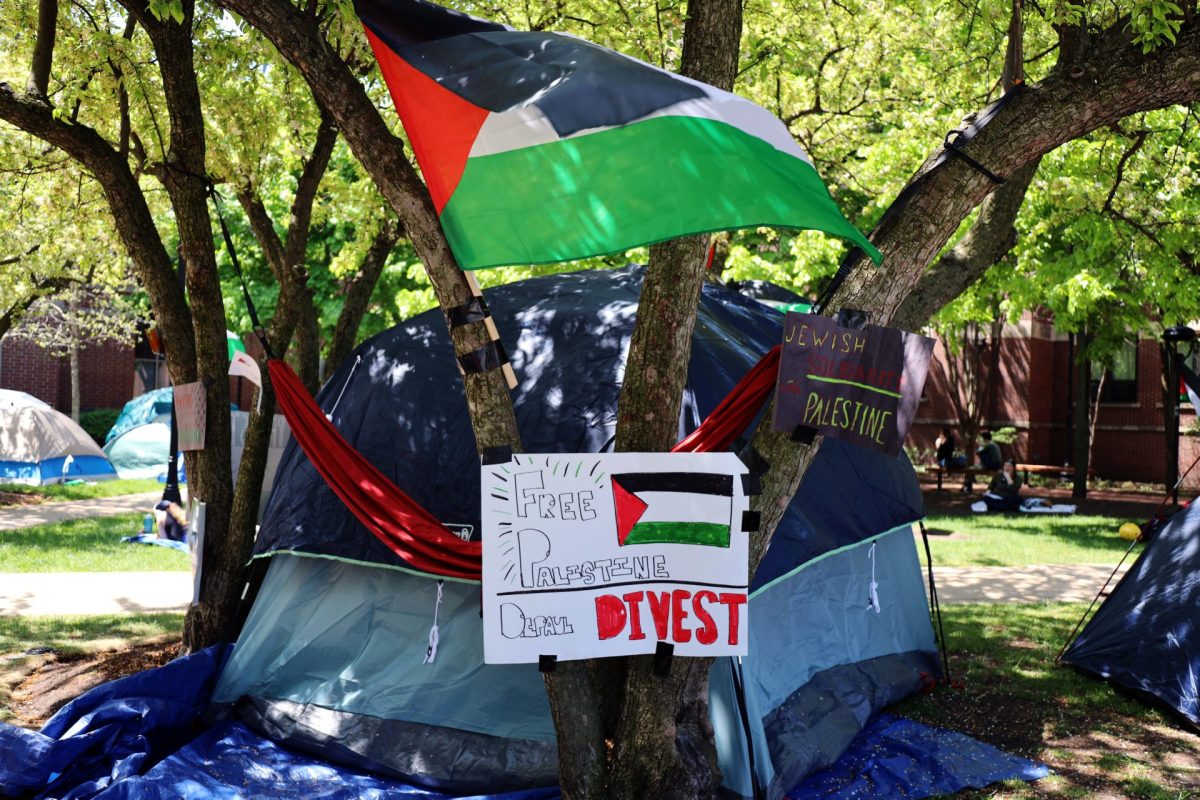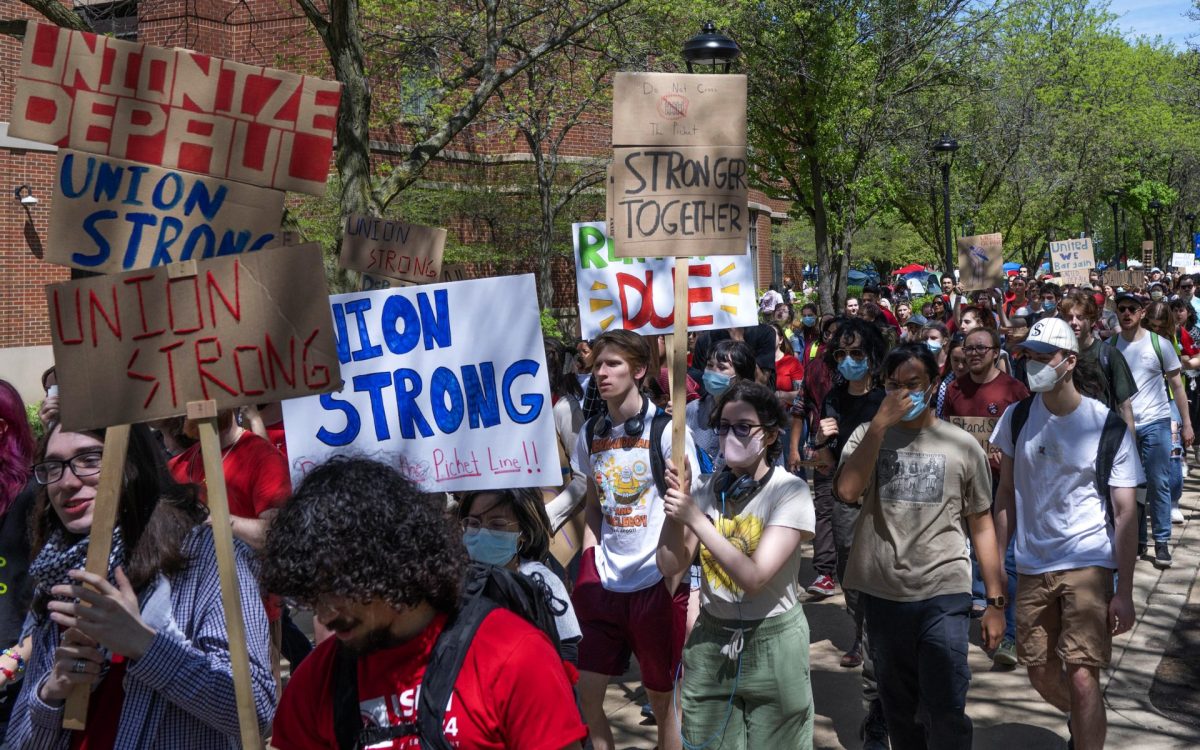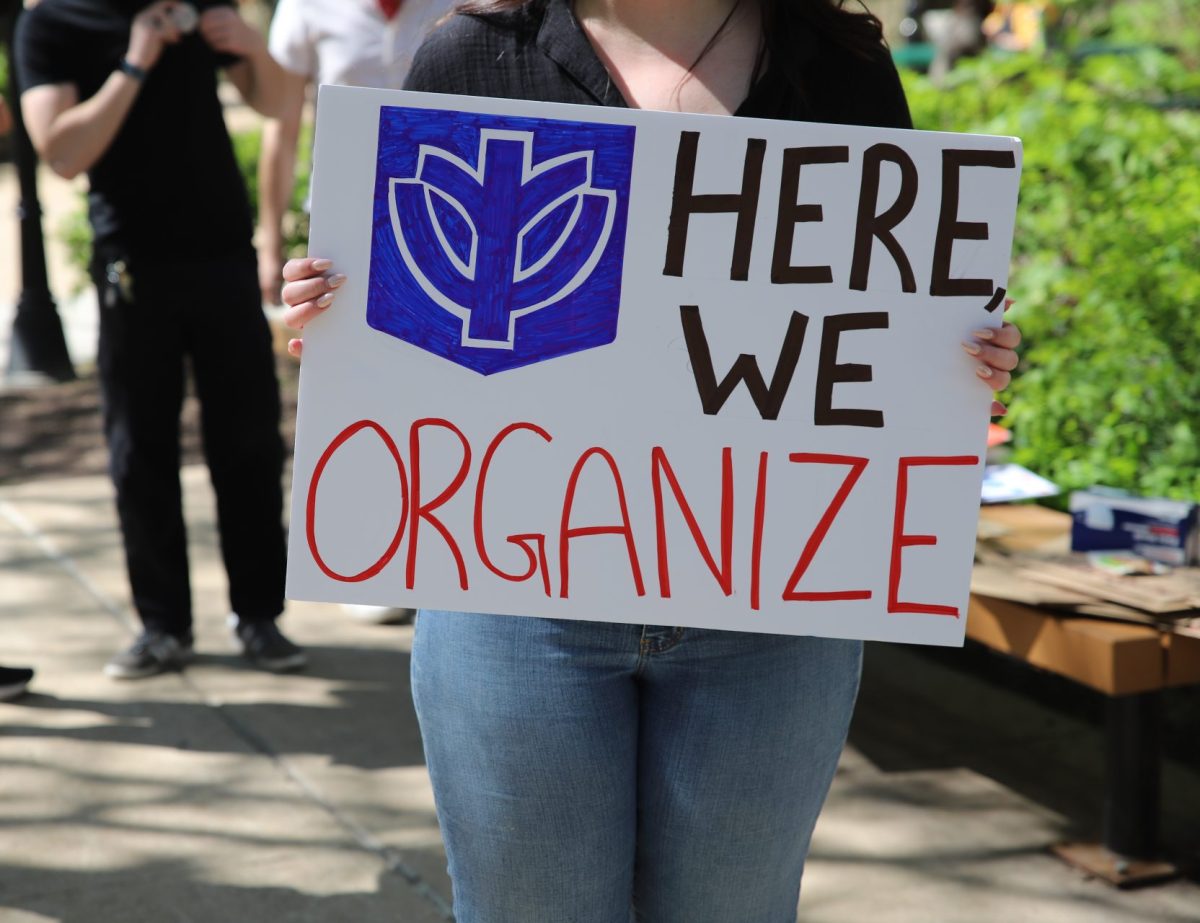As Chicago prepares for a summer that may bring the hottest temperatures recorded in the city’s history, it joins a growing list of cities and states seeking financial compensation from the fossil fuel industry to hold them accountable for greenhouse gas emissions that scientists say are warming the planet.
In February, the city filed a lawsuit against six oil companies and the American Petroleum Institute, aiming to hold them accountable for their role in climate change and its effects on the local environment.
The complaint, filed in Cook County Circuit Court, details the case against BP, Chevron, ConocoPhillips, ExxonMobil, Phillips 66 and Shell, accusing them of a long-standing campaign to mislead the public and discredit climate science.
Corporation Counsel Mary Richardson-Lowry explained in a statement that “Evidence shows that these Defendants intentionally misled Chicago residents about the climate change-related dangers associated with their oil and gas products.”
[PDF of complaint for web]
Mayor Brandon Johnson alleges that while these corporations have profited, Chicago and its residents have suffered the financial and health-related burdens of climate change and have contributed to extreme weather events that have disproportionately affected low-income communities.
Some of these health-related burdens include higher rates of coronary heart disease, COPD, and respiratory issues such as asthma, as seen through the Chicago Department of Public Health’s health impact assessment.
Johnson highlights the “unprecedented poor air quality” and basement floods plaguing the city. “The consequences of this crisis are severe, as are the costs of surviving them,” he said in a statement.
The highest rates of pollution are seen in neighborhoods like Little Village, Austin and Englewood.
The lawsuit also cites more frequent and intense storms, flooding, droughts, damage to infrastructure and extreme heat as some of the challenges the city faces.
“The state of Illinois is undergoing a significant transformation, becoming warmer and wetter with each passing season,” Trent Ford, an Illinois State Climatologist, said. This trend is particularly evident in Chicago’s winters.
Chicago experienced its warmest winter in 92 years, with February temperatures the highest they’ve ever been, reaching 75 degrees.
Ford explained that throughout Earth’s history, carbon monoxide and methane concentrations have been a major driver of global temperatures.
Ford said that as these concentrations increase, so do global average temperatures because greenhouse gasses trap sunlight and heat. The United Nations agrees that burning fossil fuels, such as oil, coal and natural gas, for energy is the primary source of these emissions.
Rhode Island sued 21 fossil fuel companies in the same year and was the first state to file a lawsuit against the industry. In 2018, New York City sued five major oil companies, accusing them of contributing to global warming.
San Francisco and Oakland have also taken legal action against fossil fuel companies, focusing on their contribution to sea-level rise that may threaten coastal communities.
Theodore Boutrous, representing Chevron, criticized the litigation as misguided and insisted on a coordinated international policy response rather than courtroom battles over lawful energy production.
Despite these objections, Chicago is pressing forward with its claim, supported by Chicago Alderman Matt Martin (47th Ward), explaining the city’s endurance through extreme weather conditions and infrastructure damage.
“The city intends to shift the costs back where they belong: on the companies whose deceptive conduct brought us the climate crisis,” Martin said in a statement released by Mayor Johnson’s office in February.
Critics of the lawsuits, such as American Petroleum Institute general counsel and Senior Vice President Ryan Meyers, argue that they distract from the urgent need for innovative energy solutions and public policies that can address climate change.
For many advocates and affected communities, these legal challenges represent a step toward holding corporations accountable for their alleged environmental impact, according to Ford
“It is imperative that we move towards reducing and ultimately eliminating greenhouse gas emissions, aiming at net-zero. This is not just a local issue but a global one,” Ford said..
Efforts to combat climate change must also address economic and social disparities, Ford said.
In response to the escalating challenge of climate change, personnel and organizations across Chicago are spearheading initiatives to curb emissions.
Blacks in Green, an organization on Chicago’s Southside, is set to launch a $10 million EPA Thriving Communities program funded by Jeff Bezos’ Earth Fund.
“Climate change is not a new issue, but it has brought to light the disproportionate suffering of underserved neighborhoods in Chicago,” Ford said.”Communities mostly on the west and south side have historically faced environmental injustices, and the escalating climate crisis only magnifies these challenges.”














